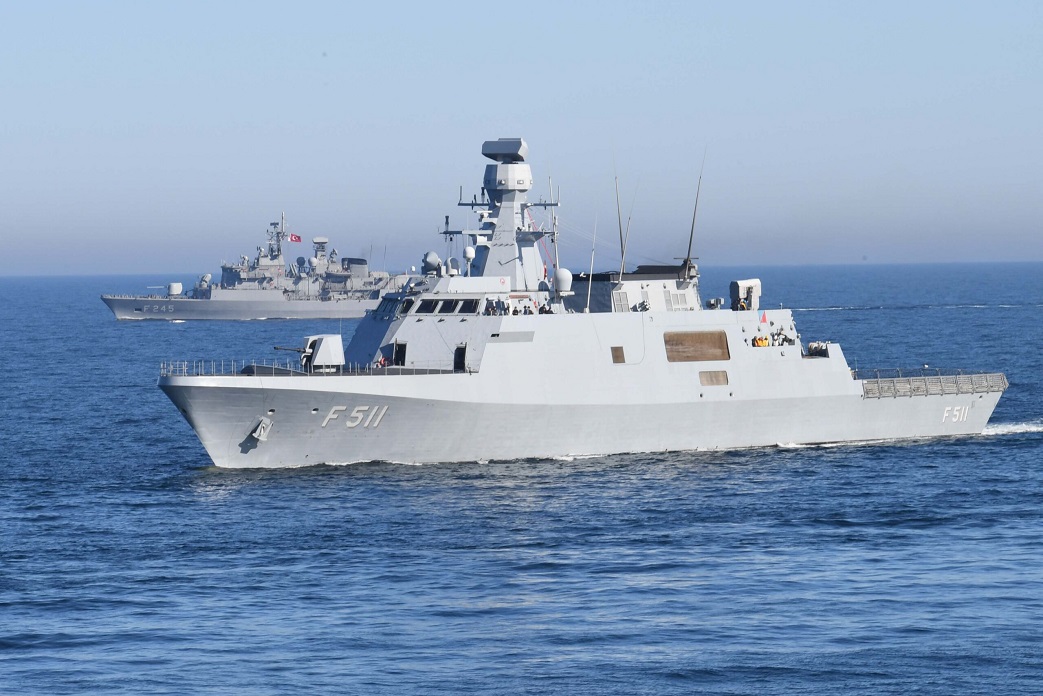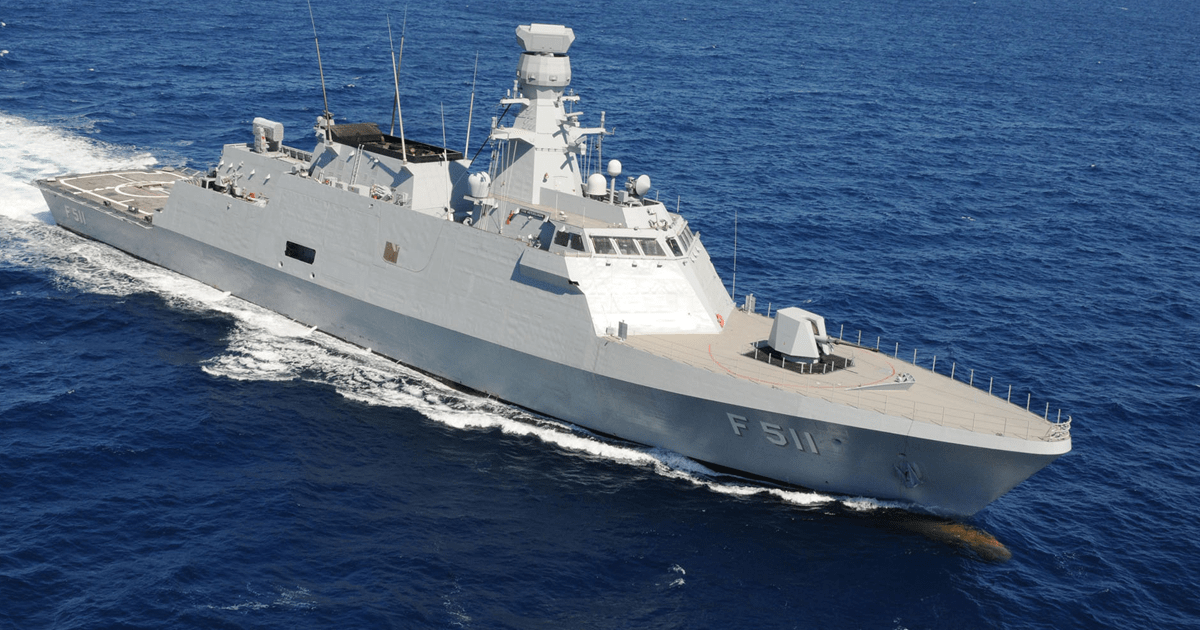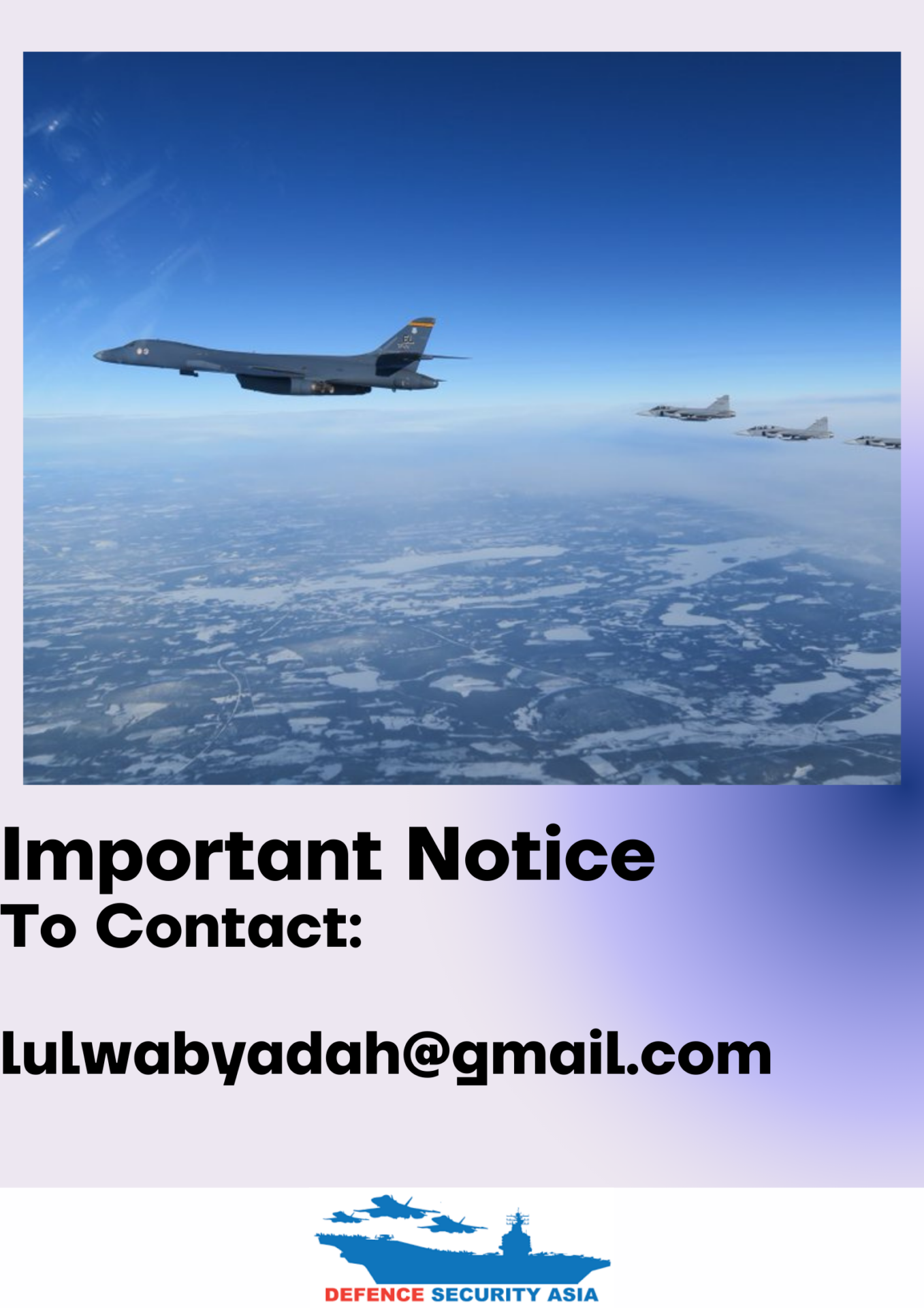Technical Specifications for Royal Malaysian Navy’s Littoral Mission Ship Batch 2
The Royal Malaysian Navy's (TLDM) Littoral Mission Ships (LMS) Batch 2 will be constructed based on the ADA-class corvette design developed by STM for the navies of Turkey, Pakistan, and Ukraine. This design has demonstrated its capability and effectiveness in international arenas.
(DEFENCE SECURITY ASIA) — Here are the technical specifications for the Royal Malaysian Navy’s (TLDM) Littoral Mission Ships (LMS) Batch 2, with Turkey’s Defense Technologies Engineering (STM) as the prime contractor.
These specifications were released by STM following the Malaysian Ministry of Defense’s signing of a Letter of Acceptance (LOA) for the acquisition of three LMS Batch 2 ships with Turkey’s Defense Industries Secretariat (SSB).
The LOA was signed by Malaysian Defense Minister Datuk Seri Mohamad Khaled Nordin during his five-day working visit to Turkey, alongside SSB President Prof. Dr. Haluk Gorgun.
Construction of the LMS Batch 2 ships is set to begin this year, with STM aiming to deliver all three warships to the TLDM within 3.5 years.
These ships will be constructed based on the ADA-class corvette design developed by STM for the navies of Turkey, Pakistan, and Ukraine, a design that has proven its reliability and effectiveness in international waters.
The LMS Batch 2 ships will be integrated with the latest systems developed by approximately 50 companies, including prominent names such as ASELSAN, HAVELSAN, and ROKETSAN.

These ships will be capable of performing a variety of tasks including Anti-Surface Warfare (ASUW), Anti-Air Warfare (AAW), Asymmetric Warfare (ASYW), and Electronic Warfare (EW).
Main Dimensions
Overall Length: 99.56 m
Maximum Width: 14.42 m
Draft (T) : 3.94 m
Displacement : ~2,500 tons
Speed & Endurance
Maximum Speed : +26 knots (CODAD)
Cruising Speed : 14 knots
Range : +4000 nm at 14 knots
Personnel & Resilience
Staff : 111 (including officers, crew, and guests)
Durability: 14 days

Prime Propulsion / Power Generation
- 4 x Diesel Engines (CODAD Propulsion System)
- 2 x Gear Reducers
- 2 x Shafts
- 2 x CPP Fans
- 4 x Diesel Generators
- 1 x Emergency Generator
- Fin Stabilizer
Weapons
- 1 x 76 mm Main Gun
- 2 x 4 Surface-to-Surface Missiles (SSM)
- 1 x 30 mm Secondary Gun
- 2 x 2 Surface-to-Air Missiles (SAM) (16 missiles) (most probably from K-SAAM (Haegung) form South Korea’s LIG Nex1)
- 2 x Bait Launcher System (DLS)

Sensors
- Battle Management System (CMS)
- 3D Surveillance Radar (with Helo Control Capability)
- IFF system (integrated with 3D radar)
- 1 x Fire Control Radar (with EO Suite)
- Pistol Fire Control System (embedded in CMS)
- 2 x Target Setting Scene (TDS)
- C-ESM system
- R-ESM System (2-18 GHz) with ELINT Capability
- Tactical Data Link System (LINK-Y)
- Electronic Plot Desk
— DSA



Comments are closed.